HOCl Publications
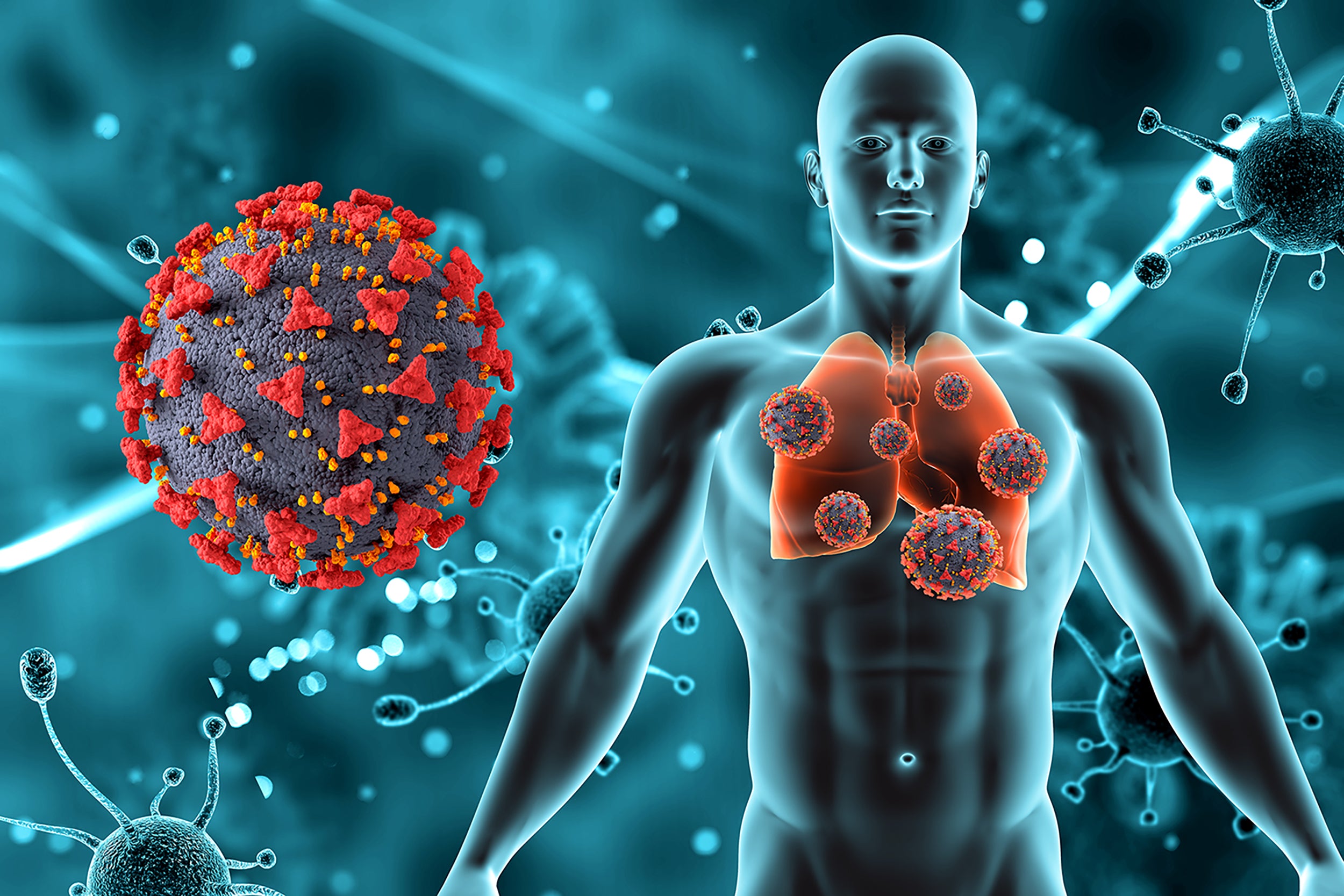
Inhalation of HOCl-containing aerosols was recently shown to be an effective therapeutic intervention in the treatment of COVID-19 virusinfected patients, halting the progression of symptoms and sp...
Read more
Inactivation of Prions and Amyloid Seeds with Hypochlorous Acid
PLOS Pathogens: Here we show that hypochlorous acid, a disinfectant that is produced naturally by certain cells within the body, has strong anti-prion and anti-amyloid activity. We find that a non-...
Read more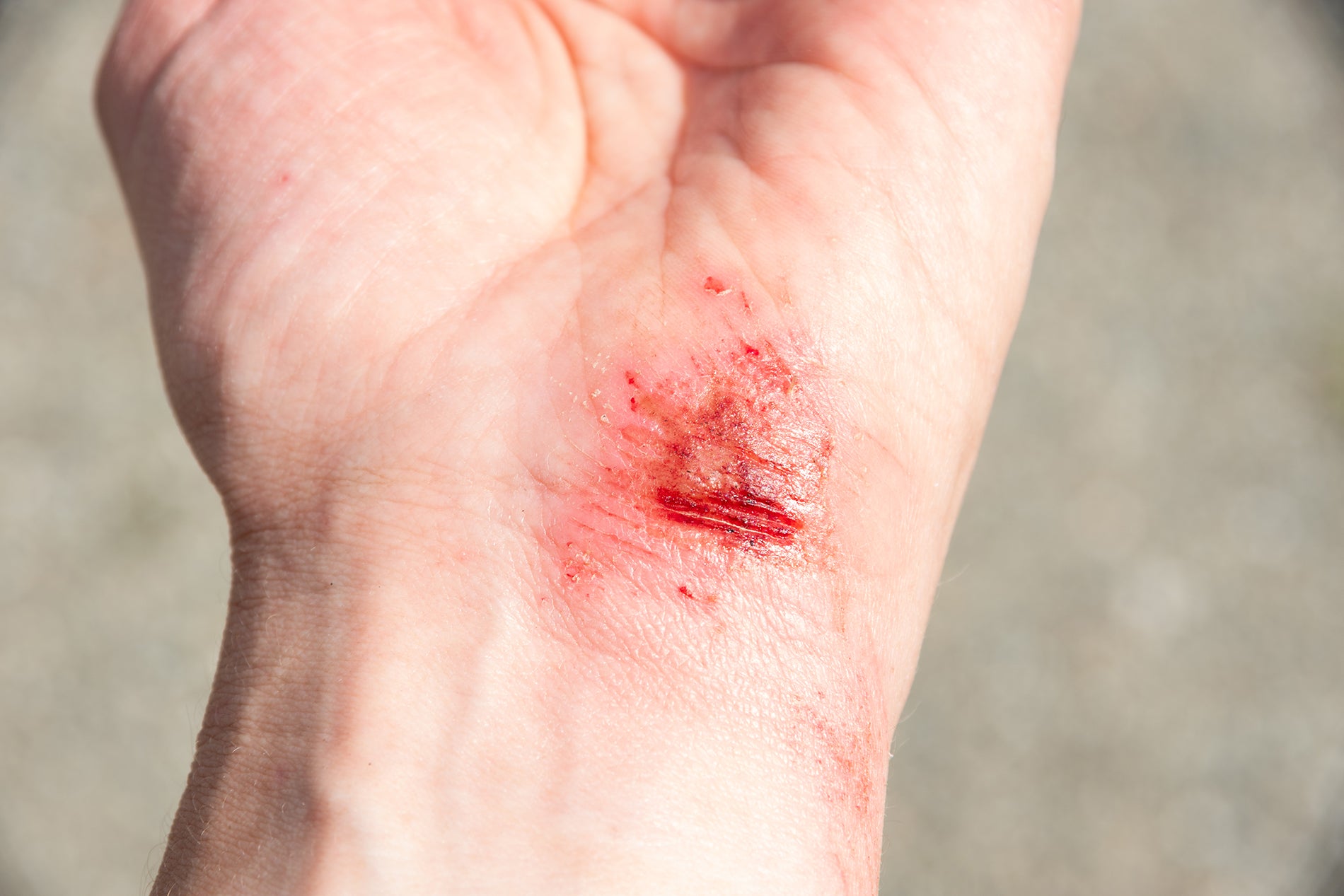
The aim of this study was to investigate the effect of stabilized hypochlorous acid solution (HOCl) on killing rate, biofilm formation, antimicrobial activity within biofilm against frequently isol...
Read more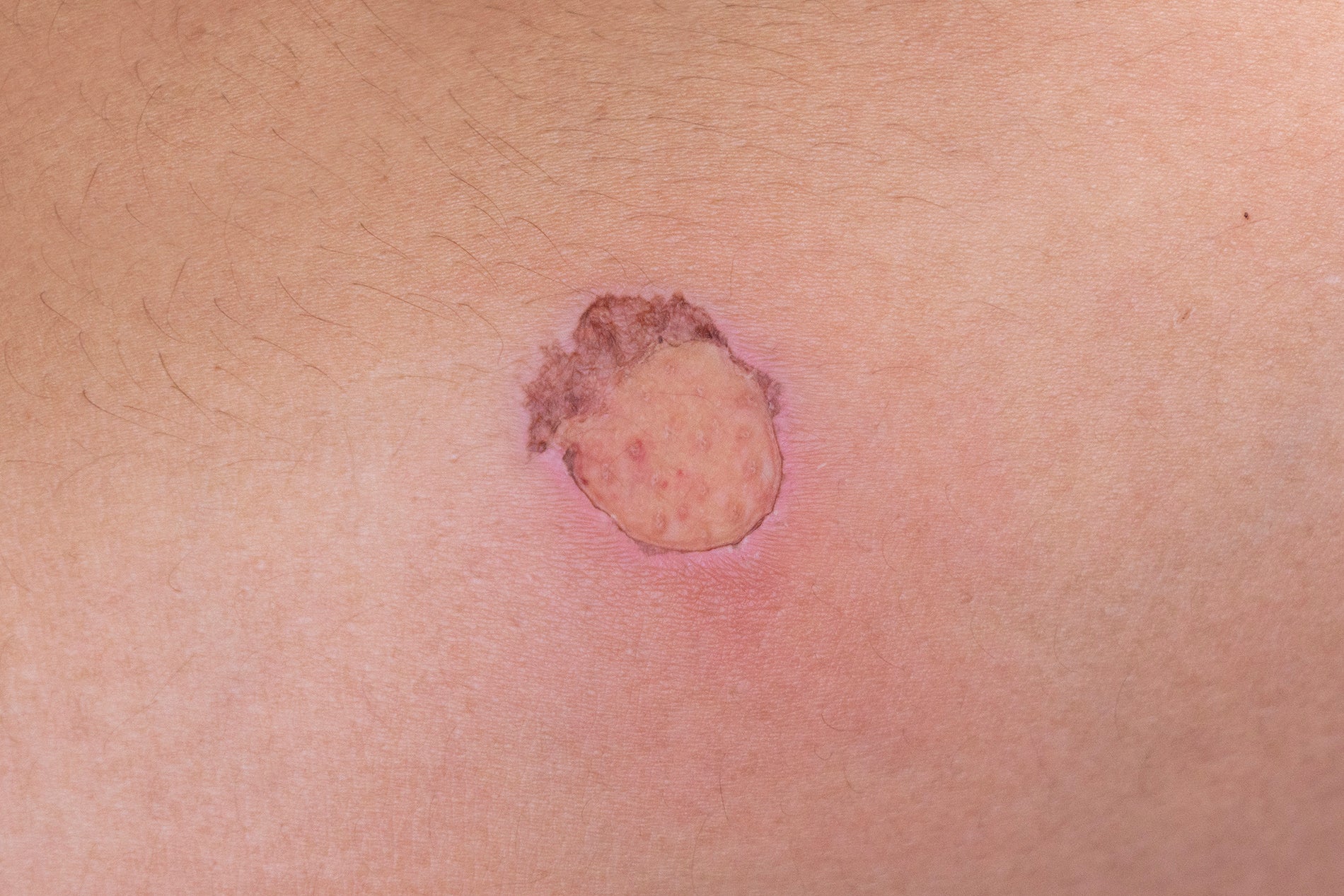
Neutralize toxins that eat away flesh by irrigating the wounds of necrotizing fasciitis patients with a substance called hypochlorous acid (HOCl), a natural chemical produced by white blood cells a...
Read more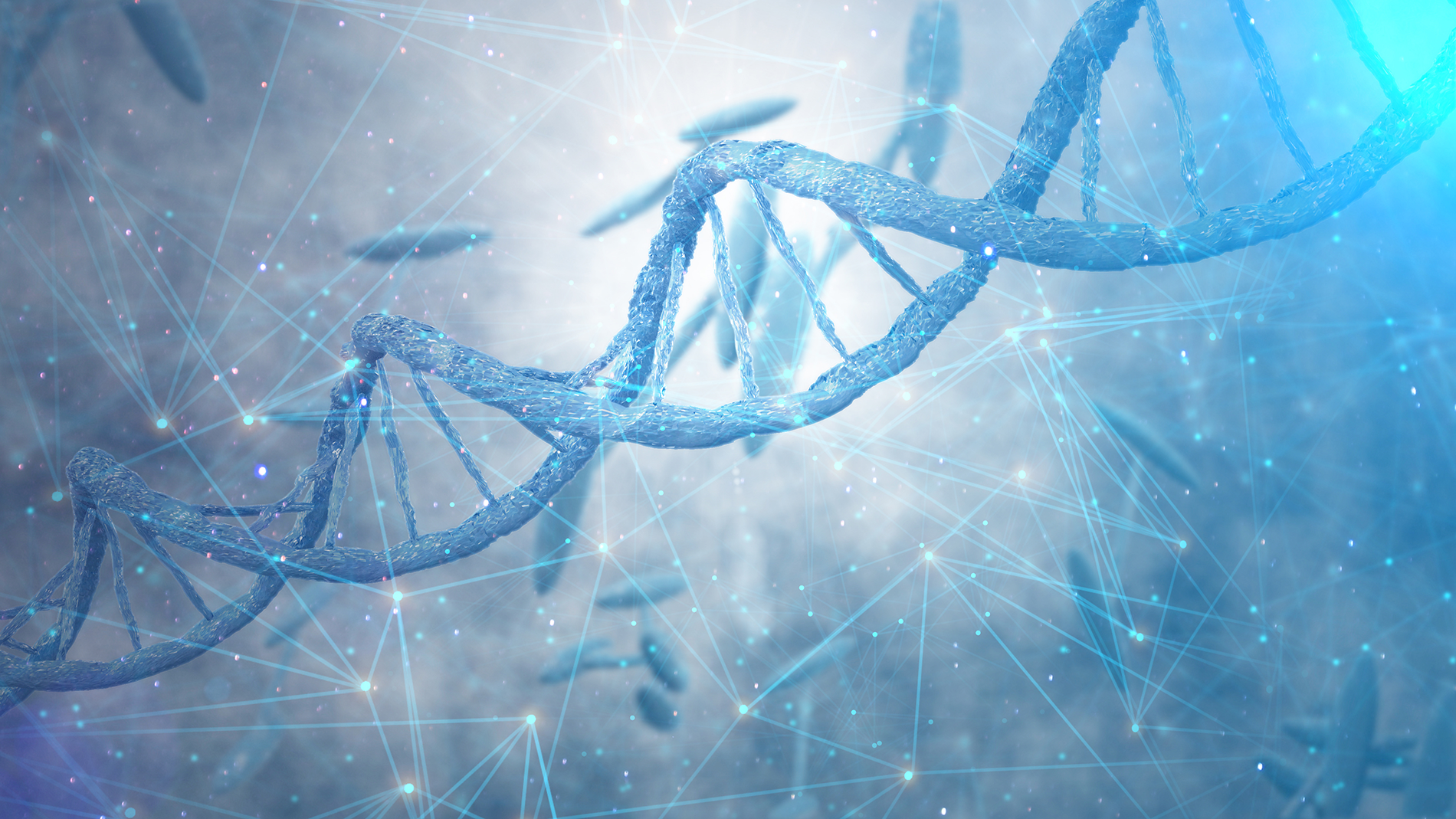
The production of hypochlorous acid (HOCl) is a characteristic of granulocyte activation, a hallmark of the early phase of innate immune responses. In this study, we show that, in addition to its w...
Read more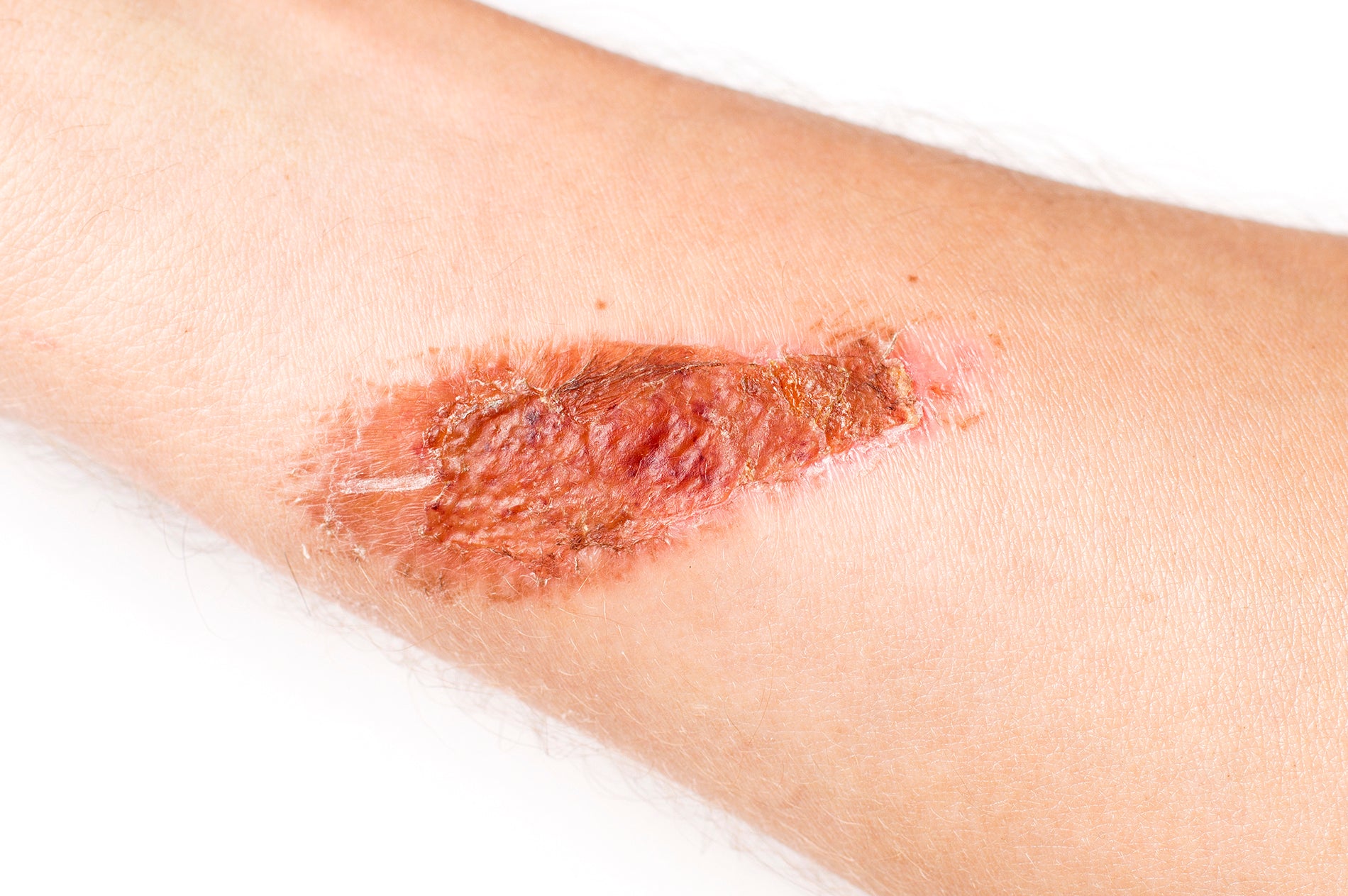
Hypochlorous Acid as a Potential Wound Care Agent
HOCl is known to be the major strong oxidant produced by neutrophils, and is a potent microbicidal agent within these cells. Experimentally, it has been estimated that neutrophils stimulated in vit...
Read more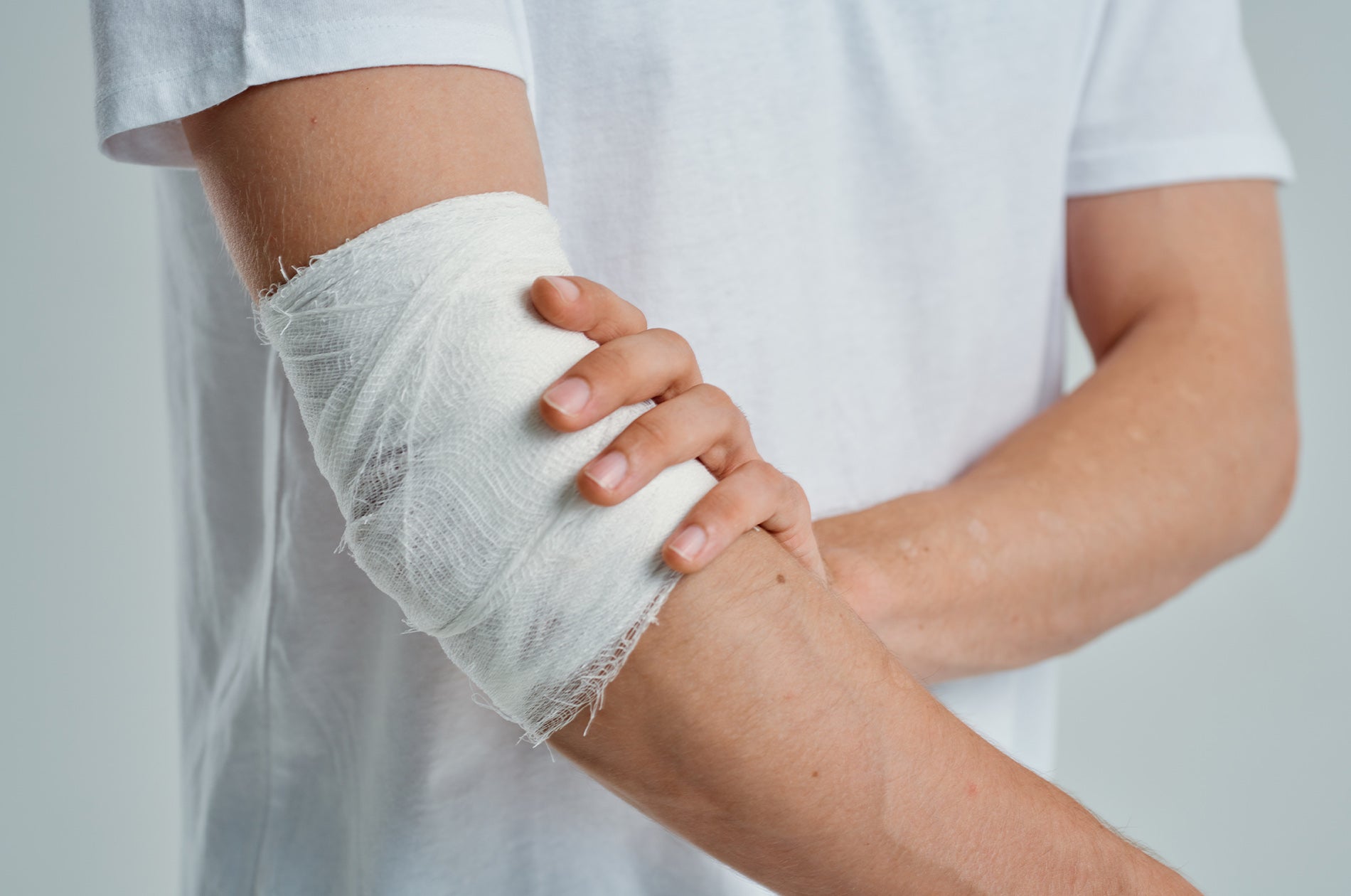
This stabilized form of hypochlorous acid (NVC-101) could have potential application as an antimicrobial wound irrigation and treatment solution if its effective pH range can be maintained in the c...
Read more
These effects were apparent within 5 min of HOCl exposure, and were not reversed by extensive washings. DNA synthesis (incorporation of [3H]-thymidine) was significantly affected by even a 1 min ex...
Read more
In our observations on the hypochlorites we found that hypochlorous acid is a more potent germicide than its salts, and we have accordingly-devised a method in which the free acid is employed as th...
Read more